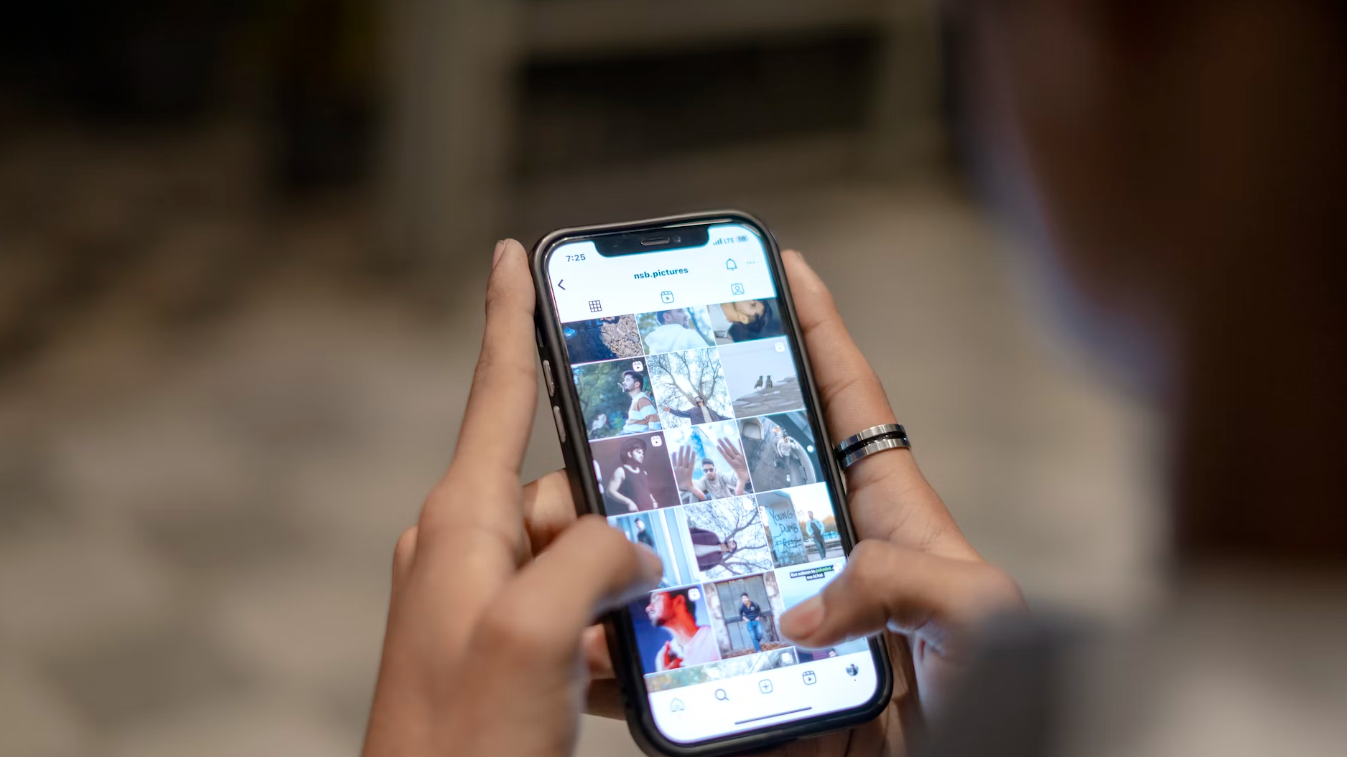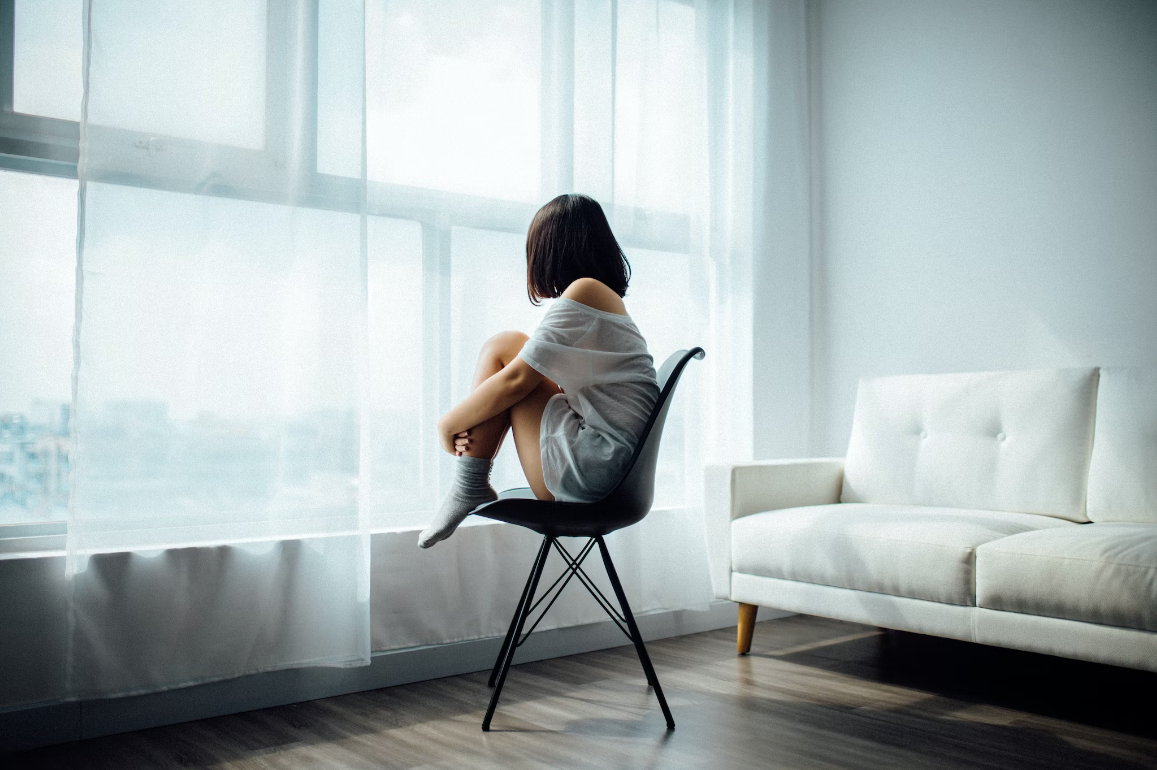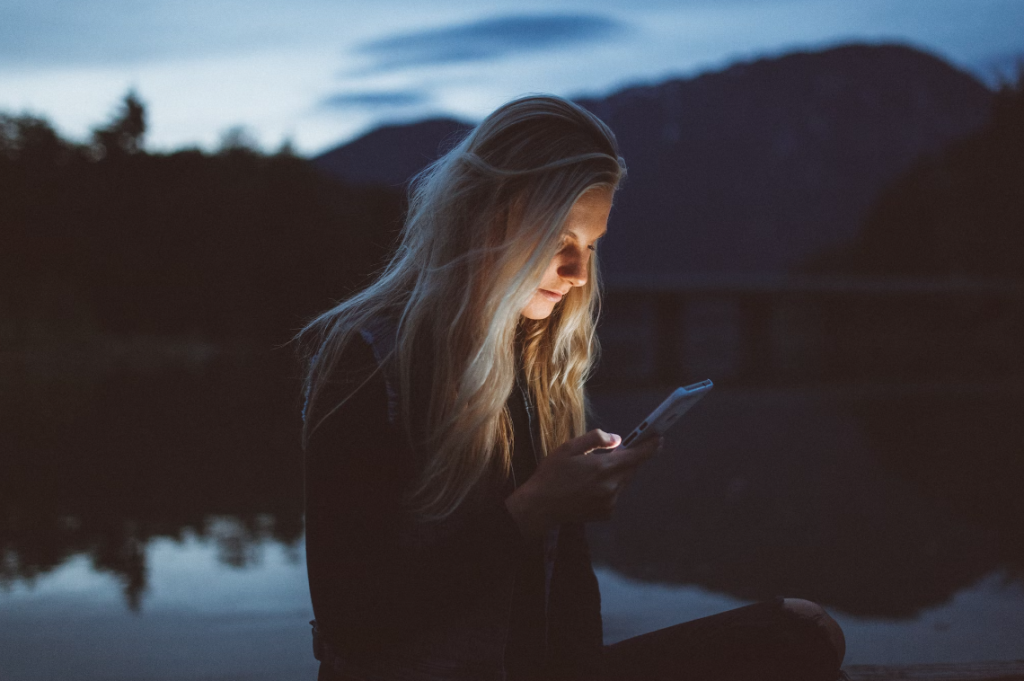Social media – it’s a blessing and a curse. While it’s a fantastic platform that lets us meet new friends, form online communities around our interests, and express our thoughts as freely as we wish, it also poses some serious life-encroaching pitfalls for our mental health that we can’t ignore. Get this, a staggering 72% of Americans are entangled within the addictive grip of social media, a huge percentage of which check their cyber life at least once a day! If we dip into the teen demographic, we get even more startling figures. A whopping 90% of teens between ages 13 and 18 have used social media. In a world where virtually every person seems to own a smartphone or tablet, these statistics are perhaps unsurprising.
The Double-Edged Sword: Pros and Cons of Social Media
Contents
- 1 The Double-Edged Sword: Pros and Cons of Social Media
- 2 Painting a Perfect Picture: The Perils of Social Comparison
- 3 Social Media Addiction: Warning Signs and Consequences
- 4 Seeking Professional Help and Emotional Support
- 5 Valuing Privacy and Prioritizing Nourishing Activities Over Social Media:
- 6 Navigating Social Media for Better Mental Health

But let’s get a bit more specific and delve into the most popular platforms. Believe it or not, 95% of teens reportedly engage with YouTube, and 67% are part of the TikTok wave. Picture this: an average teenager investing approximately nine hours daily scrolling, liking, commenting, and sharing. Yes, nine hours! It’s an overwhelming statistic representing teens who are living more and more within the parameters of the blue-lit screens on their devices.
Sure, there’s an upside. Social media enables us to share art, gives us platforms to connect over shared interests, allows free-flowing expression of thoughts, and even makes new friends from all corners of the world. But, and it’s a big but, the adverse effects cannot and should not be sidelined. It’s essential to consciously monitor and control our screen time, substituting excess social media engagement with wholesome, offline activities for healthier mental well-being.
If we look at the downside, advanced as social media might be, it exposes users to harmful content, unrealistic beauty standards, cyberbullying, privacy invasion, and the terrifying reality of hacking. Users are at risk from exposure to destructive people, and their real lives are at increasing risk of interfering with their online lives. Now let’s talk about teens who spend more than two hours every day on social media. These teens are much more likely to assess their mental health as ‘fair’ or ‘poor’. That’s pretty concerning.
Now let’s address the elephant in the room – cyberbullying. Of the 6,000 teens surveyed, an alarming 50% reported experiencing some form of bullying online. It’s a leading reason why social media usage is taking a toll on mental health. Along with the feelings of inadequacy seeded by comparisons, loneliness, anxiety, and the inability to do everyday activities, cyberbullying is a colossal negative consequence of social platforms.
Painting a Perfect Picture: The Perils of Social Comparison
Social media has now become a spotlit stage boasting only the highlights of people’s lives. Cast through a careful screen of filtering, manipulation, and selection, many users typically share only their most positive life aspects. Now, here’s where the upward social comparison comes into play. It’s when people begin comparing their lives to the picture-perfect versions they see on social media, driving feelings of inadequacy and possibly progressing to depression.
Think about Facebook, a prime setting for this sort of comparison. Studies indicate a strong chunk of users feel their lives are less successful and less happy than their peers. That’s a pretty distressing realization, these feelings of sadness, loneliness, and anxiety that emerge from these virtual comparisons.
Unpredictable likes, comments, and shares are enough to make individuals feel inadequate or anxious. Cyberbullying, which sometimes includes sharing someone’s embarrassing content without their consent or impersonating them, just adds fuel to this already blazing fire. At its worst, it can lead to severe impacts on mental, physical, emotional health and, in extreme cases, suicide attempts.
Social Media Addiction: Warning Signs and Consequences
We can’t afford to disregard the modern phenomenon of social media addiction, either. This behavioral condition, characterized by a compulsion to use social media and its consequential negative effects on other life aspects, is a growing concern. If you find yourself feeling a profound emotional impact, obsessing over your virtual platforms, increasing your use over time, having intense emotions when not using it, and seeing issues knocking on loved ones’ doors – you could be struggling with a social media addiction.
Mental health associates, like psychologist Jacqueline Sperling, suggest a simple yet effective way to monitor the impacts of social media – just assess your emotional state before and after using it. Rate your mental health on a 0 to 10 scale, both pre and post-usage.
If you find social media use knocks down your happiness quotient, it’s time to tweak your usage habits. Look for the patterns – which platform, which type of content makes you feel down? It’s vital to curate your feed to predominantly display content that jazzes up your mood. Anyone or anything causing angst or sadness should quickly make the ‘unfollow’ list. Engaging with feel-good content ensures it appears more on your feed, making your social media experience a whole lot more positive.
Seeking Professional Help and Emotional Support

Here’s a tip: If certain social media channels consistently put you in a negative space, just delete them. It might not be the easiest step, but your mental wellbeing will thank you.
Now, to strike a balance, try implementing some rules. For example, bounce off the idea of setting a specific time for social media use. Keep scrolling at bay right before bedtime and shy away from screens during enjoyable activities. Talking about your social media concerns with a trusted person is a massive booster for mental health.
Remember, help is at hand, whether from counselors, family members, teachers, spouses, or mental health professionals. If someone’s the victim of cyberbullying, blocking the offending user and reaching out to parents or counselors are big steps towards resolution. The 988 Suicide and Crisis Lifeline offers a haven in these scenarios – with their 24/7 services extended through call, text, or even online chat.
The point is, online comparisons are not the gold standard for self-worth. The spiraling effect of upward and downward social comparisons can significantly haul down your metal health. Keep a regular check on your social media habits and your mental health. Are you frequently checking your post’s engagement and, in turn, feeling inadequate or anxious? Time to break those chains.
Simply put, harmful social media lurks can be managed by recognizing and avoiding them. Direct your time and attention towards nourishing activities – limit your visits to the cyber world and exit platforms that harm your mental health. Consider spending family time or enjoying activities without the interruptions of social media.
Valuing Privacy and Prioritizing Nourishing Activities Over Social Media:
Remember to unfollow friends or accounts that lower your mood or make you question your self-worth. As intense as it might sound, try and go a week without using a particular platform. If you sail through, maybe it’s time to hit the ‘delete’ on that app. Remember, excessive social media use can open doors to cyberbullying, hacking, and even identity theft.
Interference with our day-to-day activities and relationships is a massive red flag that social media is consuming an unhealthy chunk of your life. Neglect and embarrassment from cyberbullying can make the victim lose interest in the activities they once enjoyed. In an utmost effort to curb this, be sure to curate your social media feed – block out content which is triggering and invite feel-good vibes.
Privacy and data collection are other major concerns most users have. With so much personal info shared online, the risk of misuse is off the charts. As the pointers suggest, the secret sauce lies in avoiding platforms that cause negativity and implementing some smart usage rules – a practical approach to handle your mental health.
Closing your social media app is much more than a click. If mental issues related to social media use are bugging you, it’s paramount to consider seeking help from someone you trust. Whether it’s a family member, friend, teacher, or a professional counsellor, their guidance can be life-altering. At the end of the day, just as these platforms connect us with the world, maintaining our connection with our mental well-being remains equally, if not more, important. And that’s the tea on social media and our mental health.
Check out our article on Unveiling the Relationship Between Mental Health and Plastic Surgery

